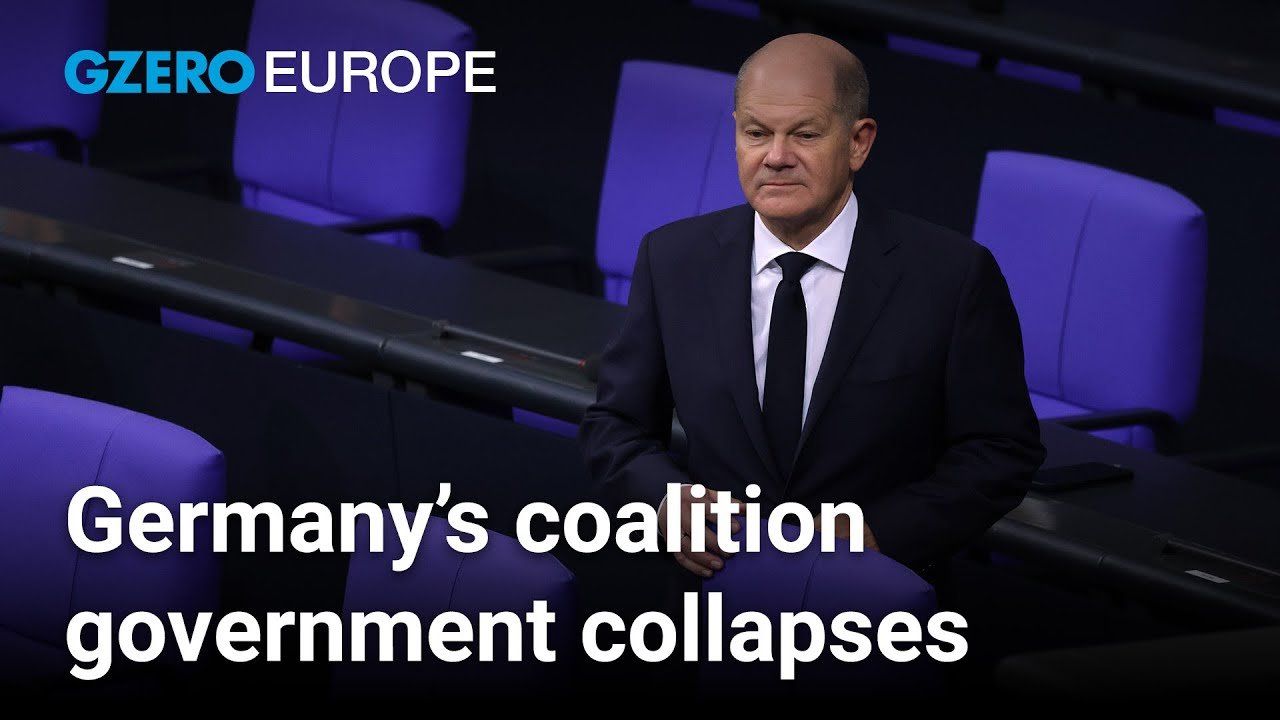
Carl Bildt, former prime minister of Sweden and co-chair of the European Council on Foreign Relations, shares his perspective on European politics from Stockholm, Sweden.
What does Germany's coalition collapse mean for Chancellor Scholz, the country, and Europe as a whole? Well, the collapse of the coalition government was, to some extent, expected. There had been speculations for weeks on how long it was going to hold together, and finally, the Chancellor himself pulled the plug in a rather vicious personal attack against the finance minister. Then he sacked him and then the government went up in flames. Now, what he wants to do is strangely enough to stay in power until January 15th and vote for the confidence, lose vote the confidence in parliament then, and have elections in March. I doubt that will be the case. I think there is now very heavy pressure by the opposition, needless to say.There's pressure by business, there are pressure by others saying that we can't have this uncertainty going on for months and months, particularly in a situation where other things are happening in the world, mildly speaking. So I wouldn't be surprised if we have, for example, a vote of confidence or he has to put himself a vote of confidence by mid-next week or something like that, and Germany is heading for election perhaps very early next year. Then of course, the other question will arise, what kind of government could possibly arise out of that particular election? That's a later, somewhat complicated issue. I guess we will have reason to return to it.